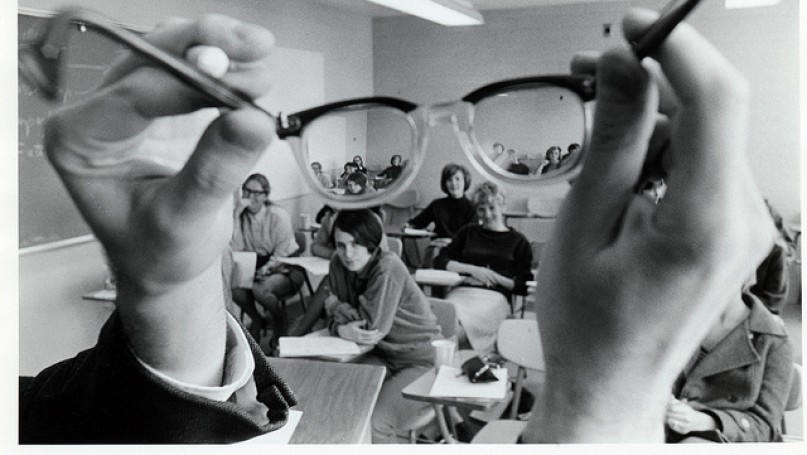
My experience as a lecturer in Comparative Politics shows that many students express informed and argued opinions about topics of interest to them. Accordingly, mid-term or position papers often included solid arguments, well developed perspectives, or innovative thinking. In writing these assignments my students had a tendency to complement the academic sources with ideas found on blog posts belonging to academics, practitioners, or other type of experts in a particular field of interest. In light of these observations, I have decided to try something new this semester. Instead of a mid-term paper I asked students from my course on Challenges of democracy and democratization in Europe to write a blog post on a topic at their choice, related to the themes covered in the course. I wanted to check students’ ability to construct arguments in a synthetic form and I felt that such a change could bring them several benefits.
To begin with, students’ ideas become available to a broader audience. Usually, the life of a mid-term paper follows four steps: it is handed in, graded by the instructor, discussed with the student, and then sent to the examination committee for double-checking and archiving. This accurate sequence has the merit of keeping things short and simple but also downside of a short life of interesting ideas. They usually end up at the bottom of a drawer often without any follow up from the author. A blog post changes this state of things in the sense that allows students to make public their ideas and on the basis of feedback received to broaden ways of thinking. Their thoughts, insights and ideas travel outside the environment in which they were educated – and to a large extent socialized – and they are subjects to external criticism. In this sense, one positive effect is the expansion of knowledge.
Writing a blog post for this course helps students in developing scientific-based arguments in plain English for ordinary readers. They have the opportunity to share with non-academic audience personal perspectives, discoveries or analyses made on the basis of skills acquired during studies (e.g. systematic approach, investigation strategies). The post can be seen both as a tool to clarify (also for themselves) the messages conveyed and as a useful practice to present ideas in their future careers (many of them outside academia).
An argument presented in a concise and comprehensible manner can be a useful (re)source for later research. Although none of these was meant as a research blog post, some issues brought up by students in their contributions can represent valuable starting points for detailed analyses. The interactive features of posts (e.g. links, direct comments) make information circulate faster, enrich perspectives, and foster collaboration. The latter could be observed in the process of writing these blogs when some students who shared interests about a topic exchanged ideas and improved their arguments. Referring to collaboration in broader terms, a blog post can flag their interests to fellow students or non-academic institutions working in the field. Although the likelihood of a single post to make a difference is small, this opportunity early during their BA studies can do no harm.
Finally, blog posts are popular mechanisms for quick discussions over hot topics. Along these lines, it may be also useful to exchange scholarly information. Just because they are different from traditional ways of assessing student work it does not mean that they do not fulfill similar functions. Instructors can easily observe if and how students can genuinely think, whether they can formulate strong arguments, and if they find an appealing way to present their interests. ‘Appealing’ was the keyword when I opted for these blog posts. Given the extensive use of technology among our students – they become eager to check their e-mails, facebook profiles, or read news as soon as the course starts – I wanted them to express in a form they are familiar with. And, at least in the context of this course, the choice has been rewarding for both sides. As an indicator, the posts to follow cover a broad array of topics related to democracy and democratization and were selected from approximately 35 well-written posts. The main criteria for selection were quality, clarity, and strength of arguments.
You can read the blog posts here.
Further Reading on E-International Relations
- Germany’s Feminist Foreign Policy: Genuine Change or Symbolic Gesture?
- The American Public’s Doubts over Democratization in China
- The Future of IR Lies in Creativity Rather than ‘New Thinking’
- Thinking Global Podcast – Catarina M. Liberato
- Thinking Global Podcast – Kathleen McInnis
- Influential but Indifferent? Assessing the Role of the Public in European Politics